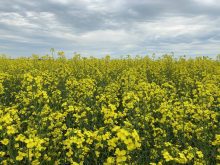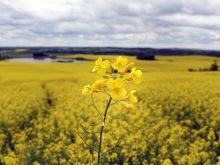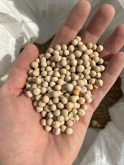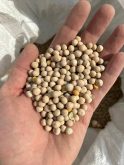Ottawa/Winnipeg | Reuters — Canadian Prime Minister Justin Trudeau on Tuesday said Ottawa would soon announce help for canola farmers hurt by a China ban on imports of the oilseed but brushed off calls to pull funding for a Chinese-led investment bank.
China and Canada are locked in a diplomatic and trade dispute that has resulted in China blocking imports of canola seed from two companies. China, Canada’s biggest export market for canola, cited the discovery of pests, a charge Canada dismisses.
Trudeau, under increasing political pressure to settle the matter, made his remarks in the House of Commons. The Liberal government has already dropped big hints that it will boost programs that compensate farmers in times of hardship.
Read Also
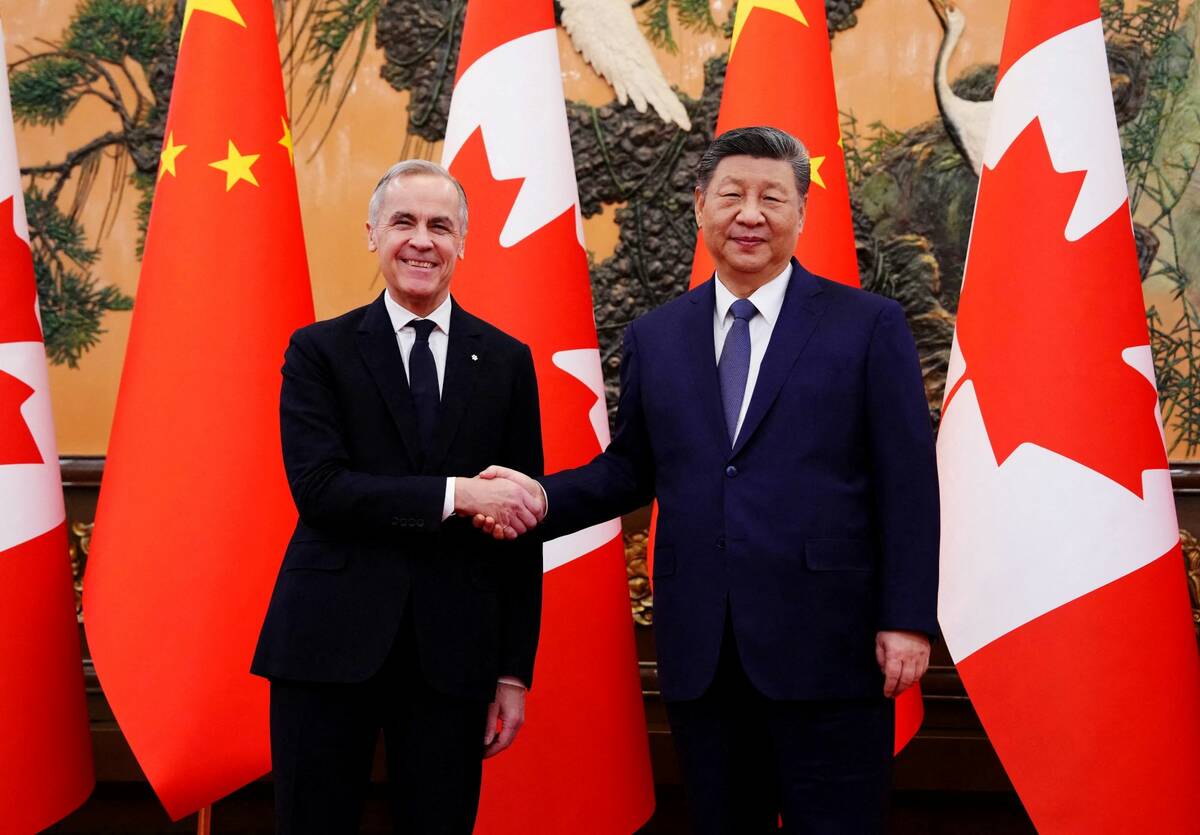
Canada-China roundup: Producer groups applaud tariff relief; pork left out; mix of criticism and praise from Trump administration
Producer groups across Canada expressed a mix of relief and cautious optimism following the news that Canada had struck a deal with China to lower tariffs on canola, peas and other goods, in return for relaxing duties on Chinese electric vehicles.
“We’re going to continue to stand up for Canadian producers … (and) farmers and we will have good news to announce in just the next few days,” he said.
Agriculture Minister Marie-Claude Bibeau and Jim Carr, minister for international trade diversification, are scheduled to give an “update on the government’s response” to the canola trade dispute Wednesday morning in Ottawa.
The opposition Conservative Party, leading in the polls ahead of a federal election in October, urged Trudeau to strike back by withdrawing Canada’s $256 million contribution to the China-led Asian Infrastructure Investment Bank (AIIB).
“We believe in Canadian leadership around the world,” Trudeau said in response, saying the AIIB was focused on clean, green infrastructure throughout Asia.
Saskatchewan Premier Scott Moe, whose province grows the most canola, said he has asked Trudeau to increase the limit on a federal loan program for farmers.
Canola is crushed mainly to produce vegetable oil for use in foods such as salad dressing and margarine.
Moe, whose Saskatchewan Party is often allied with the federal Conservatives, said Trudeau should retaliate against China.
“A reciprocal trade relationship means we will treat our trading partners in the same way they treat our products. We have a challenge with canola right now sitting in boats in the harbor in China,” Moe said in an interview, adding he did not have specific Chinese products in mind for retaliation.
“We need to capture the attention of our trading partners.”
A trade war would pose further risks to Moe’s own province, as mining companies export large volumes of Saskatchewan uranium and potash to China.
The list of Canadian farm exports hitting obstacles at Chinese ports has expanded to peas and soybeans.
‘Game plan’ needed
The federal Conservatives’ opposition agriculture and trade critics met with farm and canola industry representatives last week in Winnipeg and were given similar messages, calling for expansion of the federal Advance Payments Program (APP) and upgrades to AgriStability and AgriInvest.
Longer-term, the groups at the meeting also called for support for canola-related infrastructure, such as storage for surplus canola.
“The uncertainty is so high right now that producers need answers, they need action, and they need their government to act on this crisis, because it’s still a crisis,” Conservative ag critic and Quebec MP Luc Berthold said Wednesday.
“The reality is, and you heard it here today, is that there’s huge issues not only in canola but in other crops because of what happens to canola,” trade critic and Saskatchewan MP Randy Hoback said following the same meeting.
Noting the stress placed on farmers as a result of the dispute, he said the Liberal government needs to make its decisions on support “relatively quickly so these guys at least have some confidence going into spring seeding that at least they have a game plan.”
Hoback also suggested the government consider Ottawa’s past experience dealing with country-of-origin labelling (COOL) legislation in the U.S. in forming a plan to push back on the canola ban.
“You can do things in a very strategic manner that actually creates results,” he said. “There’s things the government can do right now that actually can send a message to China saying ‘Hey, you need to take us seriously, you need to meet with us, you need to at least address the issue, you can’t just push us around.'”
— Reporting for Reuters by David Ljunggren in Ottawa and Rod Nickel in Winnipeg. Includes files from Dave Bedard of Glacier FarmMedia.






